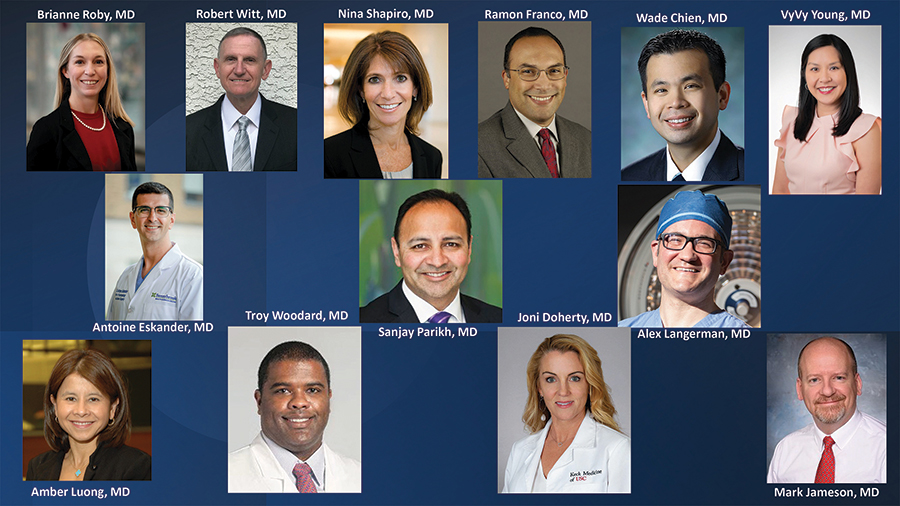A successful thesis advances medical knowledge in our specialty in a meaningful way. It is not an obstacle; it is an opportunity to clearly state who we are as academic difference-makers, an opportunity to rigorously acknowledge from where we came while exalting where we may go, an opportunity to join a society of like-minded souls and allow them to rejoice in our efforts.










